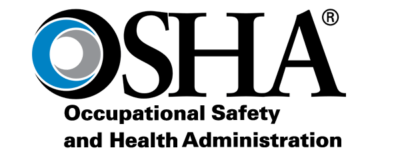The U.S. Department of Labor’s Occupational Safety and Health Administration (OSHA) yesterday signed an agreement with the National Commission for the Certification of Crane Operators and the NCCCO Foundation to better protect workers who operate cranes.
The two-year agreement will provide certified crane operators with training and resources to reduce and prevent exposure to the four construction workplace issues that contribute to the majority of hazards in the industry: falls, caught-in or between objects or machinery, struck-by objects or equipment, and electrocution.
“Workers who operate or work near cranes can face serious and potentially life-threatening hazards if they are not properly trained or protected,” said Assistant Secretary of Labor for Occupational Safety and Health Doug Parker. “Our alliance with these industry leaders focuses on training workers and working with employers to make safety and health a core value by implementing best industry practices to ensure workers’ safety.”
Alliance participants will use data and review trends and incident information to develop safety alerts for employers, crane operators and others working around cranes. They will also address safety issues near a crane’s load, provide updates on OSHA’s load-handling regulation and enforcement, including certification and evaluation requirements.
Participants will also assist employers and operators in complying with OSHA regulations and develop relationships between the CCO’s test sites and OSHA’s field offices to provide training opportunities for crane certificants and OSHA personnel.
The CCO was established in 1995, to develop effective performance standards for safe load-handling equipment operation to assist all segments of general industry and construction. The NCCCO Foundation is a charitable organization formed by the commission in 2018, to conduct research, advocate for personnel safety and certification, and help youth, military personnel and underserved communities access scholarships and grants for education, training and certification.





Reader Interactions